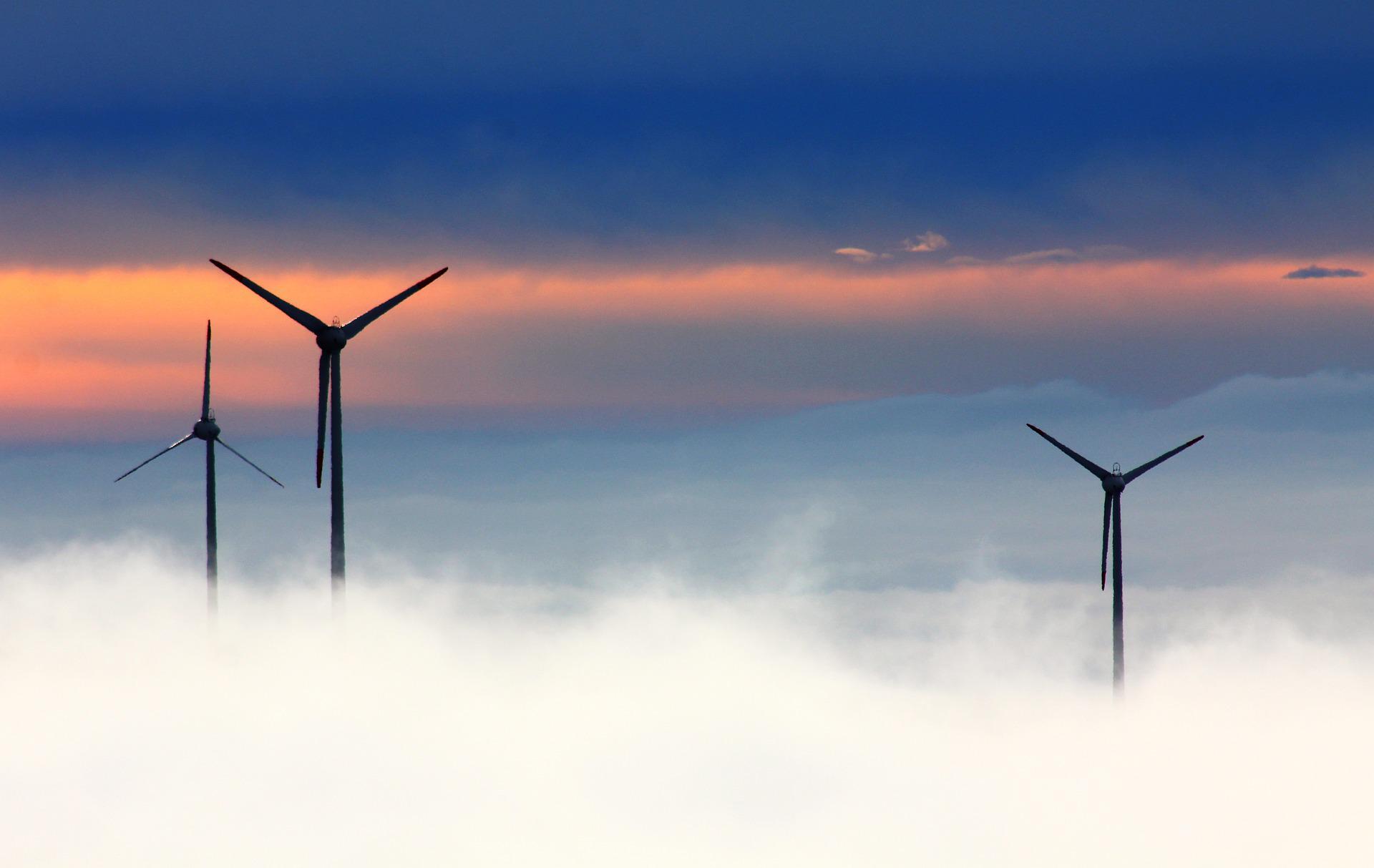
Hungary and Serbia: China’s New Offshore Manufacturing Hubs in the EU?
Chinese greenfield investments in Europe are on the rise, reshaping the landscape of foreign direct investment. Instead of mergers and acquisitions, Chinese companies are increasingly setting up new operations, particularly in Hungary and Serbia. This shift is driven by factors like the EU’s tighter investment screening and China’s strategic focus on long-term market presence. Greenfield investments, especially in sectors like electric vehicles and renewable energy, offer Chinese firms fewer political hurdles, while supporting local economies. How are these investments shaping EU-China relations and offering new opportunities and challenges for European policies?



